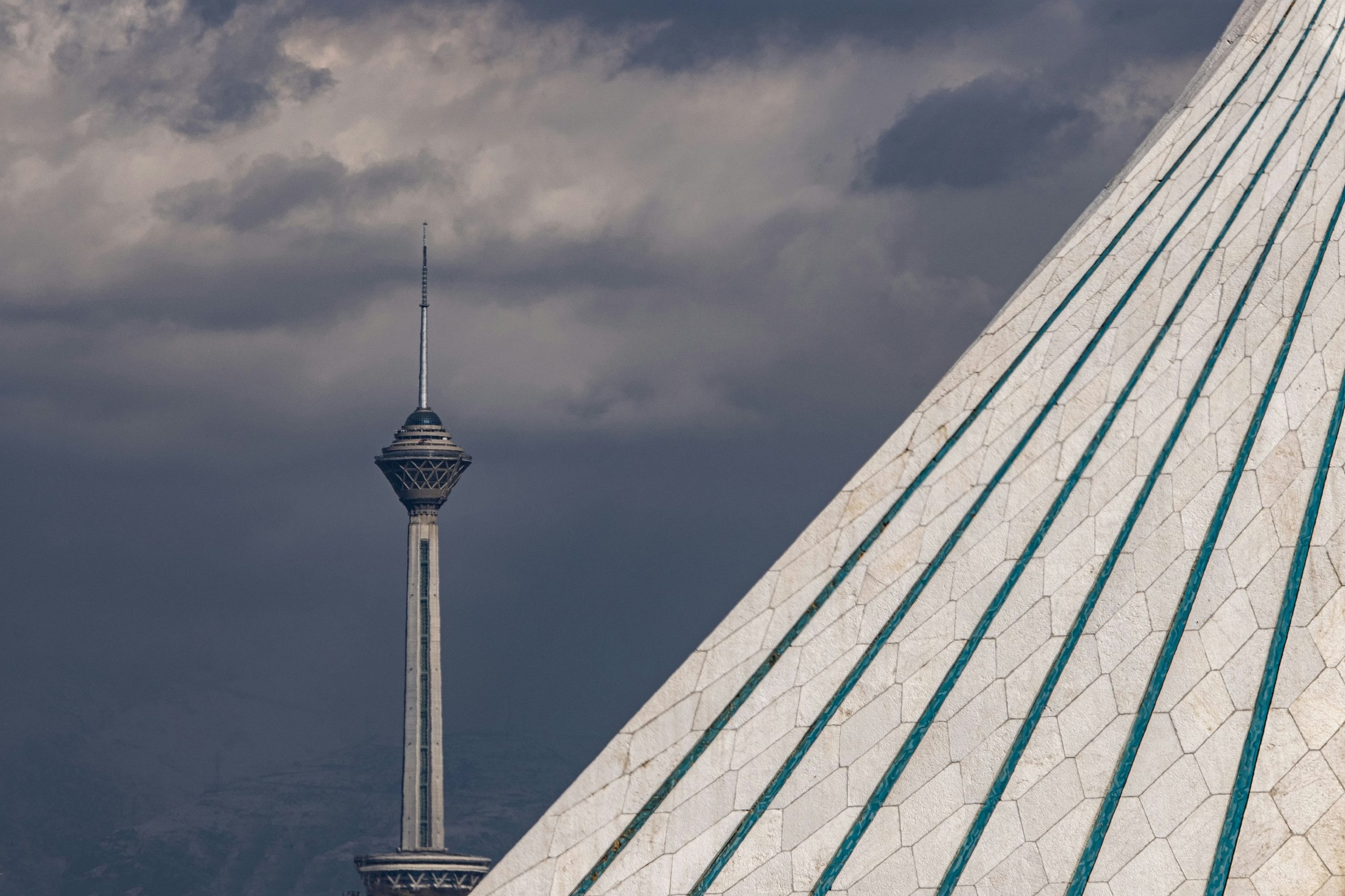The discourse surrounding China’s influence in the Middle East often swings between exaggeration, such as suggesting China’s expanding presence challenges US primacy in the region, and underestimation, an argument that despite its regional clout, Beijing has little power to affect any meaningful change. In between, there lies a complex reality in which Chinese capabilities, while increasingly formidable, are counterbalanced by equally formidable constraints.
China’s regional presence is far from trivial. China is the largest importer, worldwide, of oil, roughly half of which comes from the Middle East. It has also become the largest trading partner for most countries in the region and an important source of investment, infrastructure and advanced technology. According to the State Council of the People’s Republic, China-Middle East trade reached a whopping $507.2 billion in 2022. Today, Beijing has comprehensive strategic partnerships with Iran, Saudi Arabia, Egypt and the UAE, enjoys strategic partnerships with seven other Middle Eastern nations and a “comprehensive innovation” partnership with Israel.
Many assume that such interdependence affords China substantial influence over these countries. This assumption was perhaps best exemplified when US officials asked China to use its growing regional clout to pressure Iran and other Middle Eastern nations to prevent the Israel-Hamas war from engulfing the entire region.
However, the logic underlying this request fundamentally misrepresents the nature of power in global politics today. Indeed, there are glaring asymmetries in the Iran-China relationship. China constitutes over 30 percent of Iran’s total import and export activities, while Iran makes up less than 1% of China’s trade market. Beijing provided a lifeline to Iran in the face of Western embargoes, and China’s oil imports from Iran today continue to break records as Iran ramps up output despite the threat of further US sanctions.
Make no mistake: China is not doing Iran any favors. Throughout 2022, China offloaded around four million barrels of Iranian crude oil into state reserve tanks. These stockpiles mitigate the economic impact of future price hikes and provide an important buffer against disruptions caused by geopolitical shocks. When Iranian-backed Houthi rebels launched drone attacks on Saudi Aramco facilities in September 2019, the price of Brent crude increased roughly 20%, and China found itself paying $97 million more daily for oil.
If China were to exercise its influence over Iran by threatening to cut trade and investment, there is simply no guarantee that Iran would comply with Beijing’s demands. Iran’s tolerance of Western sanctions in the face of their devastating economic impact serves as a cautionary tale. What’s more, Teheran has cultivated strategies to assert itself despite its weaker position: advancing its nuclear program, leveraging its regional influence, and using asymmetrical warfare tactics – all of which serve to offset external pressures.
Even in the face of recent Houthi rebel attacks on naval shipments in the Middle East, China’s nascent regional military presence, which includes just 200 marines and a modest naval deployment in the Gulf of Aden, is insufficient to protect Beijing’s ME interests. If it were, Chinese container carrier OOCL might have been more reluctant to suspend all shipments to and from Israeli seaports amid the Israel-Hamas war.
Amid rising tensions with the West, China is depending more on the Middle East.
Foreign investment in China has dried up, making Gulf Cooperation Council states with their massive sovereign wealth funds (currently valued at $4 trillion) an increasingly attractive source of finance capital. According to media reports, Chinese startups are flocking to Saudi Arabia in a “Middle East gold rush.” When it comes to trade, A November 2023 Asia Times report revealed that “China now exports more to the Muslim world ($42 billion a month) than to the United States ($38 billion a month).”
Moreover, Middle Eastern countries have become essential to China’s efforts to rally the Global South as a counterweight to the American alliance network. All these realities factor into Beijing’s calculations when assessing the feasibility of pulling any levers. Strategists in Zhongnanhai understand that doing so is not without unintended consequences.
China will continue to speak loudly while engaging the Middle East cautiously.
Beijing will embrace low-risk opportunities to indulge in rhetoric and behavior that degrades the US position and improves China’s. However, it will refrain from imposing its will in ways that risk souring relations with local actors – perhaps with the exception of America’s closest ally, Israel – or embroiling China in the region’s complex conflicts. This is especially true regarding matters that don’t threaten core national security issues.
Originally published in The Times of Israel here

